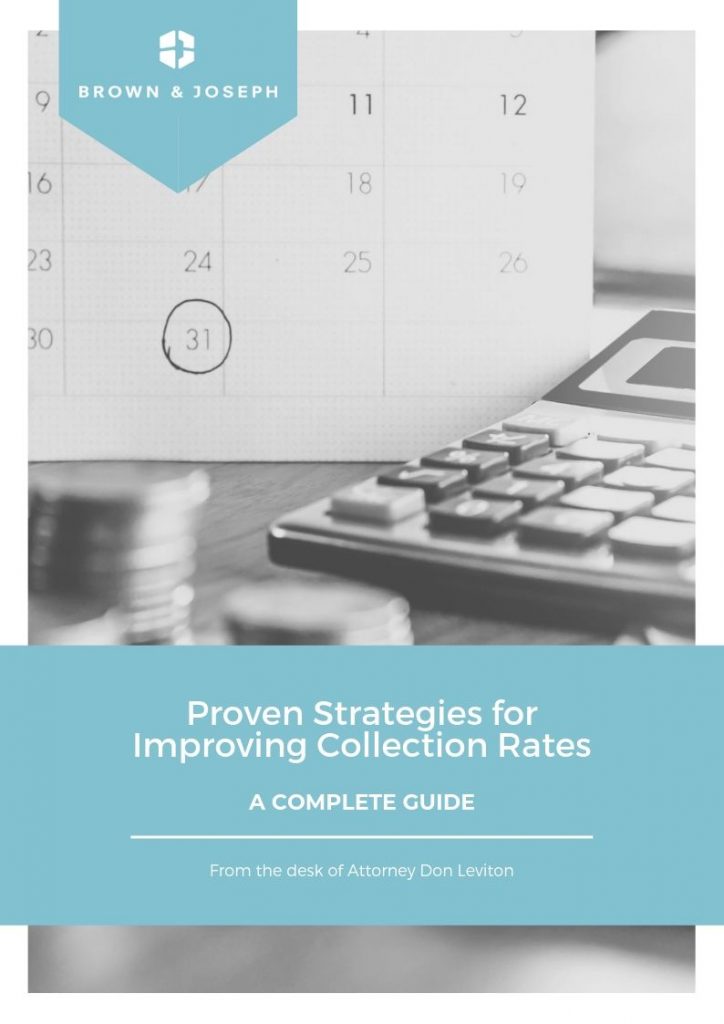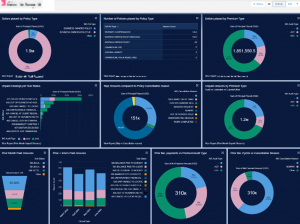When a customer fails to pay for goods or services, typically the first thing you do is attempt to contact them about the missed payment.
But what do you do when that customer seems to vanish into thin air?
Most recovery agencies like Brown & Joseph have several debt collection tactics they use to recover debt more efficiently and overcome common payment issues.
One of those tactics is called skip tracing.
What is skip tracing?
Skip tracing is the process of locating a debtor who has “skipped” or left town, hence the name “skip tracing.”
Skip tracers are especially helpful for cases in which the debtor has failed to answer or return repeated calls and emails.
Even if a client has a physical address to send collection letters to, there’s always a chance that the person they’re looking for no longer lives there.
According to the U.S. Postal Service, almost 30% of all “undeliverable-as-addressed” mail is from people moving to a new home and not leaving a forwarding address or leaving the wrong address.
Therefore, this leaves no way of informing the consumer about the debt and giving them the opportunity to pay it off — before it harms their credit score.
In addition to debt recovery agents, skip tracing is commonly used by private investigators, lawyers, detectives, journalists and bondsmen.
Skip tracing is sometimes erroneously referred to as bounty hunting.
While the two are very different processes, bounty hunters frequently hire skip tracers, which may explain the misconception that the two are synonymous.
What is the skip tracing process like?
Typically, skip tracing is performed in a series of steps.
The first step is to verify the information provided by the client and correct any misinformation. This step also helps the skip tracer familiarize themselves with the subject.
Then, the skip tracer begins to collect as much information about the subject as possible, using public resources such as:
- Credit Reports
- Public Records Databases
- Loan Applications
- Criminal Background Checks
- Job Applications
- Courthouse Records
- Utility Bills
If none of these resources return helpful information, the skip tracer will then begin to contact current or past acquaintances of the subject, like neighbors, landlords, friends, relatives, and coworkers.
Before social media and the internet rose to prominence, skip tracers had to do everything manually – traveling to a location, speaking with friends and family, calling references and spending lots of time scouring public records at the library.
But thankfully, with the sheer amount of data available today through the internet, skip tracers are often able to find who they’re searching for in a relatively short amount of time.
Just over the past decade, the amount of resources available to skip tracers has risen exponentially.
Today, open-source databases like LexisNexis and Thomson Reuters abound all over the internet, often for free.
How do I hire a skip tracer?
Hiring a third-party collection agency with a skip trace department is often more cost-effective than hiring an independent skip tracer.
What to Expect From Your Debt Collection Vendor
Some collection agencies will skip trace and collect on a contingency-fee basis, meaning there’s no fee if no money is recovered, while most independent skip tracers charge an hourly fee.
If you’re looking to hire a skip tracer to recover a missed payment, the best thing to do is research different skip tracers and collection agencies to see which would be a better fit for your situation.
Conclusion
The next time a customer seems to go “off the grid” after failing to pay a bill, consider hiring a collection agency with a skip trace department to help track down your money.

Proven Strategies for Improving Debt Collection Rates [PDF]
Get tips from Attorney Don Leviton on how to improve your debt recovery rates in this FREE guide.





